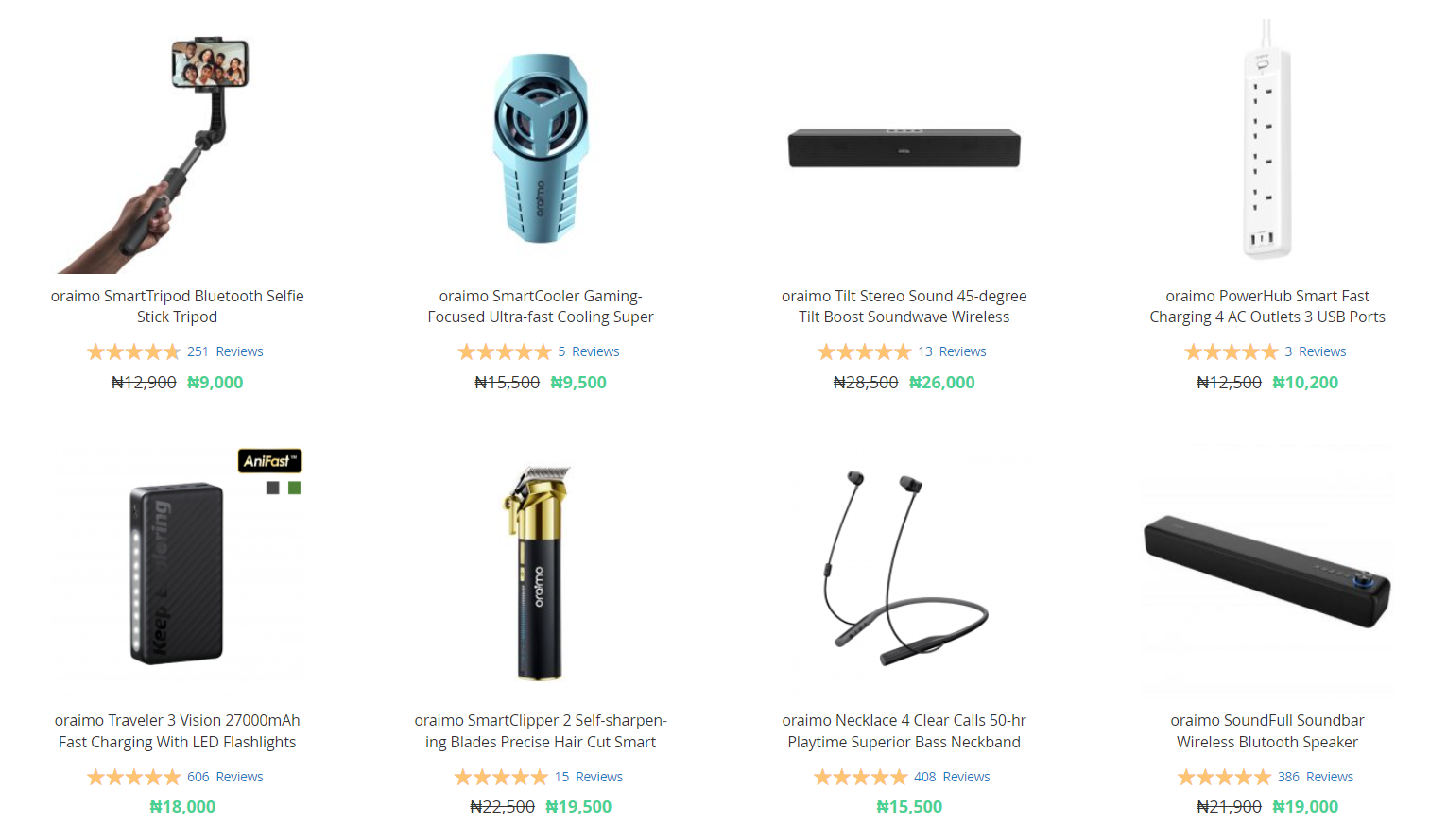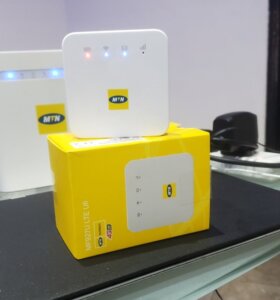Oraimo (stylized as oraimo) is a well-known smart accessories manufacturing firm that designs, develops, and distributes smartwatches, power banks, audio, and other accessories for consumers in over 13 countries. However, their marketing strategy has come into question recently, and people are starting to ask whether it is sustainable in the long run.
If you visit the official Oraimo Nigeria store (https://ng.oraimo.com/), you will notice that they only approve positive comments and outrightly decline negative, but valid ones.

Oraimo’s NG Store
In fact, it’s suspicious that no product has less than a 5/5 star rating on their store. This raises questions about whether they generate artificial positive comments and star ratings to influence purchasing decisions.
Moreover, Oraimo is known to hire local influencers such as MissTechy, Fisayo Fosudo, and Kegan Tech, to put their products in good light while “deliberately” downplaying the cons. “Commercial” tech influencers have contributed to this rot as they do not live long enough with these products to genuinely form an opinion.
Subscribe for updates
As a consumer, whenever you openly criticize Oraimo on their Facebook posts, they delete the comment. Even if you repost the comment a hundred times, they will delete all of them in a matter of minutes. There seem to be people specifically employed to carry out this task, but how about they use that same energy to reach out to the pained customer via DM?
While this might seem to them like a clever PR strategy in the short run, the question is, how long can a brand keep up with this strategy? Deceptive marketing practices can only work for so long before people start to catch on. Once people realize that they can’t trust a brand, it’s challenging to regain their trust.
Furthermore, the internet is too vast to control every negative comment about your brand. Social media has made it easier for people to share their experiences with a brand, and if a brand tries to control information, it could end up doing them more harm than good.
In conclusion, Oraimo’s deceptive marketing strategy raises questions about the sustainability of such practices in the long run. While it might seem like a good idea to control information about your brand, it’s not sustainable in the long run.
What do you think? Let’s discuss this in the comments section below.


